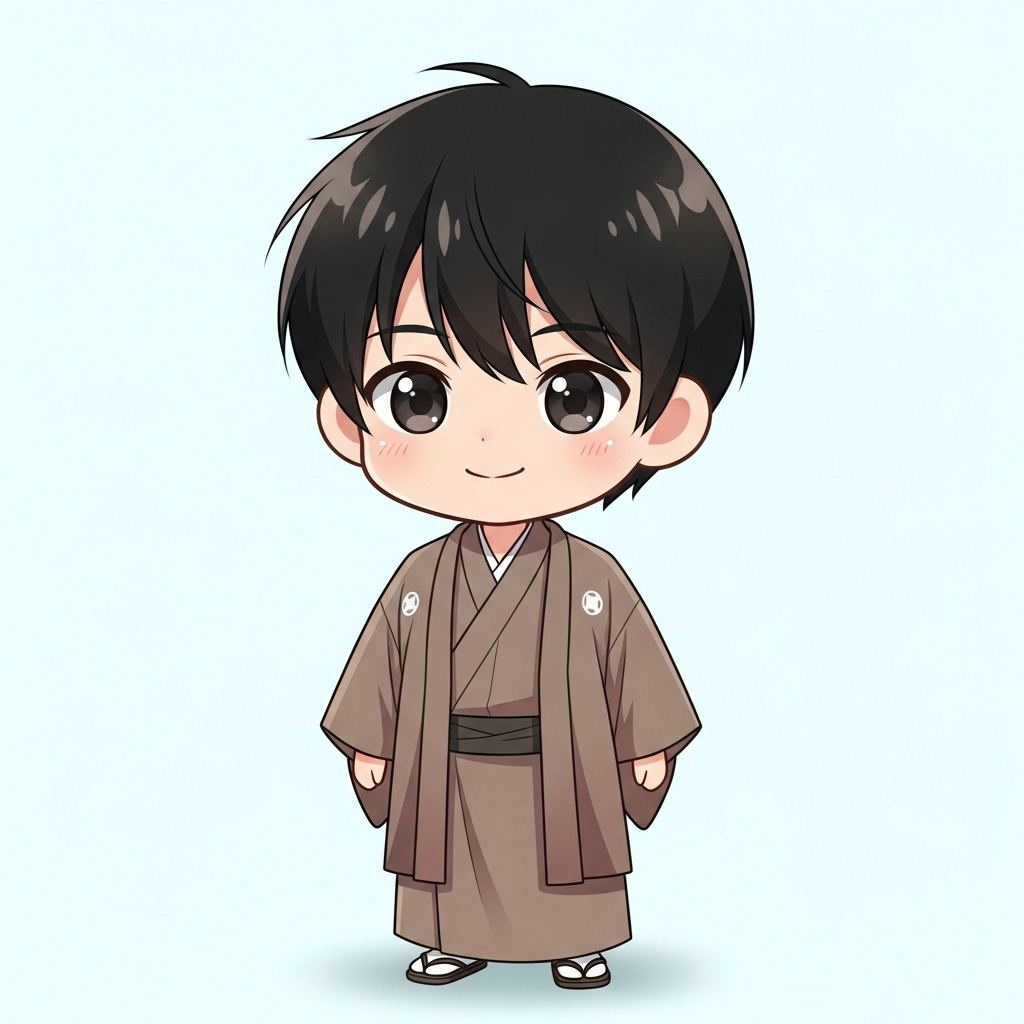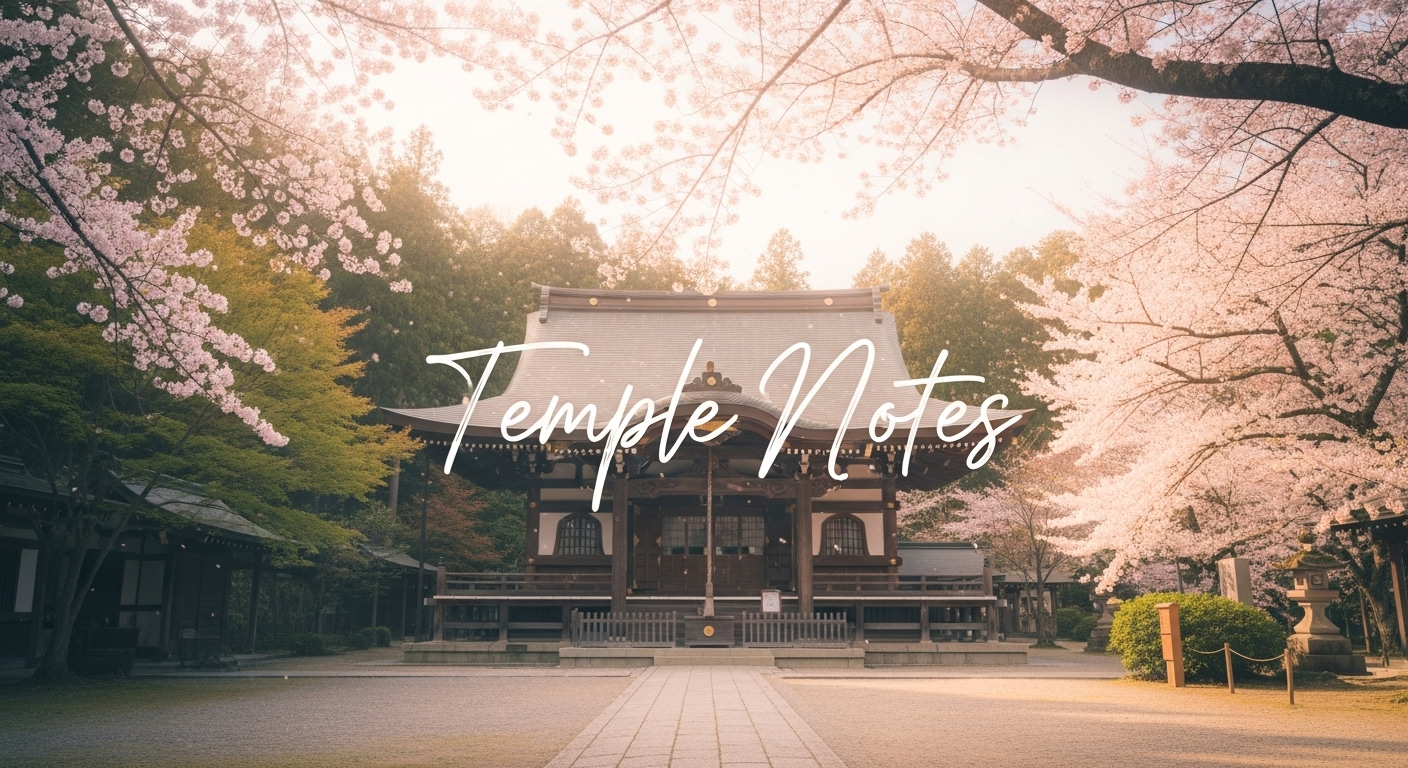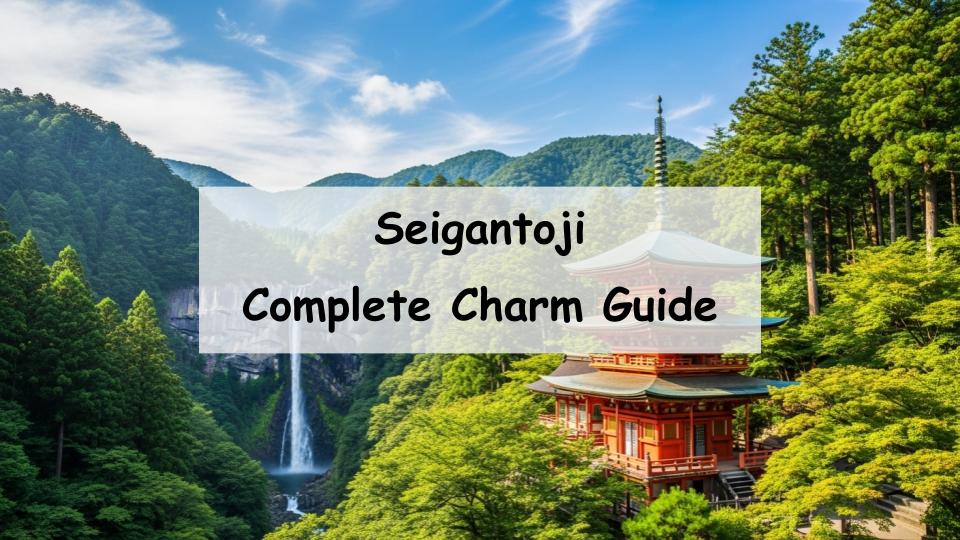Located along the sacred Kumano Kodo pilgrimage routes in the Kii Mountains, Seiganto-ji is one of Japan’s most celebrated temples, steeped in history and surrounded by breathtaking scenery. If you’ve been wondering, “What is the history behind Seiganto-ji?” “How is it connected to Nachi Falls?” or “Is it easy to reach?”, this article is for you. In short, Seiganto-ji is the spiritual heart of Mt. Nachi, a temple where nature and faith merge in harmony. It’s also conveniently accessible by both public transportation and car. Here, we’ll explore the temple’s history, highlights, connection with Nachi Falls, must-see spots in the grounds, access details, and nearby attractions. By the end, you’ll have a clear image of what awaits you at Seiganto-ji.
What is Seiganto-ji? History and Basic Information
Origins and Foundation
Seiganto-ji traces its origins to the monk Ragyo Shonin, who is said to have experienced a vision of Kannon (the Goddess of Mercy) at Nachi Falls. From this spiritual beginning, the temple developed as a major hub of worship during the Heian period, when pilgrimages to Kumano became widespread. Its long history and enduring devotion make it a cornerstone of the Kumano faith.
A World Heritage Site
Together with the Kumano Sanzan shrines and Kumano Kodo pilgrimage routes, Seiganto-ji is part of the UNESCO World Heritage Site “Sacred Sites and Pilgrimage Routes in the Kii Mountain Range.” This recognition reflects both its spiritual importance and its cultural value.
Connection with Nachi Falls
Few places in Japan are as visually iconic as the view of Seiganto-ji’s pagoda standing before Nachi Falls. This powerful natural backdrop has been worshipped for centuries, and the combination of temple architecture with the 133-meter waterfall creates a uniquely sacred atmosphere.
Highlights and Features of Seiganto-ji
Must-See Spots in the Temple Grounds
The Main Hall
The temple’s main hall houses the principal image of Nyoirin Kannon and exudes a solemn and sacred atmosphere. The building itself displays elegant wooden craftsmanship, while the hall serves as a place of prayer for pilgrims and visitors alike.
The Three-Storied Pagoda and Nachi Falls
The vivid vermilion pagoda is one of the temple’s most iconic sights. Framed against Nachi Falls, it offers one of Japan’s most famous scenic views. Whether you’re a pilgrim or a photographer, this spot is a highlight not to be missed.
Seasonal Beauty
Seiganto-ji reveals different faces throughout the year: cherry blossoms in spring, lush greenery in early summer, fiery maples in autumn, and serene quiet in winter. Weather conditions such as mist or evening light add further layers of beauty to the scenery.
Spiritual Benefits
Worshippers believe in the blessings of Seiganto-ji, which range from safety in travel to recovery from illness and academic success. Prayer items such as amulets and rosaries are available to accompany these wishes.
Goshuin (Temple Seals) and Amulets
Popular Goshuin Designs
As the first temple on the Saigoku 33 Kannon Pilgrimage, Seiganto-ji is a highly sought-after place for goshuin (temple stamps). Pilgrims and visitors often receive these seals as proof of their visit and devotion.
Types of Amulets
The temple offers amulets for various blessings, including safe travel, good health, and academic achievement. You can also find prayer beads and pilgrimage items, making it easy to find something that aligns with your intentions.
How to Access Seiganto-ji
By Train and Bus
Travelers can take the JR Kisei Main Line (Kinokuni Line) to Kii-Katsuura or Nachi Station. From there, regular buses head toward Mt. Nachi, stopping near Nachi Falls and Seiganto-ji. Since timetables may vary, checking schedules beforehand is recommended.
By Car and Parking
For those driving, Seiganto-ji is accessible from the Katsuura area via mountain roads leading up to Nachi. Paid parking lots are available near Nachi Falls and Kumano Nachi Taisha Shrine. During busy tourist seasons, spaces can fill quickly, so arriving early or considering public transport is wise.
Model Course with Nearby Attractions
A day trip can include Seiganto-ji, Nachi Falls, and Kumano Nachi Taisha. Visitors often start with the iconic pagoda-and-waterfall view in the morning, then explore the main hall and shrine before enjoying local food and hot springs in Katsuura in the evening.
Tips Before Visiting Seiganto-ji
Time Needed for a Visit
Exploring the grounds typically takes one to two hours, depending on how long you spend viewing the pagoda, collecting goshuin, and taking photos. Allow some extra time to walk the stairs and pathways comfortably.
Dress and Preparation
Because Seiganto-ji is located on a mountainside, sturdy shoes are essential. Bring rain gear if visiting in wetter seasons, and prepare sun protection in summer or warm clothing in winter. Keeping your phone or camera fully charged ensures you won’t miss capturing the famous views.
Dining and Accommodation Nearby
The Nachi-Katsuura area is famous for fresh seafood and hot springs. Staying overnight in a local inn allows you to enjoy the regional cuisine and relax in onsen after a day of exploration.
Conclusion: Experience Nature and History at Seiganto-ji
Key Takeaways
Seiganto-ji combines profound history, breathtaking scenery, and spiritual depth. Its recognition as a World Heritage Site and its iconic view with Nachi Falls make it one of Japan’s most rewarding destinations.
Recommended Experience for First-Time Visitors
For your first visit, arrive early in the day to enjoy the peaceful atmosphere, take in the view of the pagoda and Nachi Falls, and then explore the main hall. Don’t miss receiving a goshuin or choosing an amulet as a keepsake of your journey.
A Message from the Guide

It may take quite some time to get there, but the temple is well worth the visit.







Comment